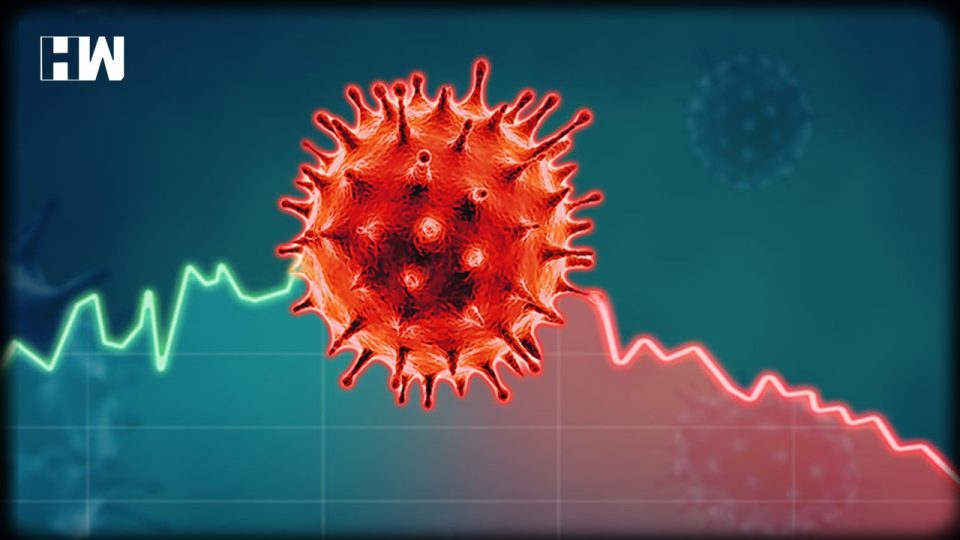IMF expects FY21 growth at 1.9% from 5.8% projected in January, Barclays also pared its growth forecast for India to 0% in 2020.
New Delhi| The IMF has slashed its FY21 growth projection for India to 1.9% from 5.8% projected in January.
IMF holds that the ‘Great Lockdown’ to combat the COVID-19 outbreak will drive the world economy into the worst recession since the Great Depression in the 1930s.
To understand the impact of the lockdown in India indepth HW News English spoke to a renowned Indian Economist Jayati Ghosh, Chairperson of the Centre for Economic Studies and Planning at the JNU.
On the impact of lockdown Ghosh says: “It’s absolutely disastrous, everything has stopped. I am deeply worried, both from the point of view of livelihoods of people, majority of workers are in the informal sector and 80% have probably lost their jobs or got not wages for this period. Many have come close to starvation and some are actually starving. We have a huge problem with the supply.”
Talking about the relief package of 1.7 Lakh crores announced by the Indian government in the 1st phase of lockdown, Ghosh says, “The package that was announced, 50 thousand crores was already committed spending, the rest comes to about 0.5 % of GDP, which is nothing, considering the state of the economy. This is a public health calamity, we need at least 5-6% per cent of GDP to be spent on the crisis. Many countries have actually spent 5-20% of their GDP in the immediate front.”
“We really have to do something big to tackle this unprecedented challenge,” she added.
Also Read: Repeated Intervals of Social Distancing Needed Till 2022: Harvard Study
About migrant crisis prevailing in India Ghosh says, “People are starving because the livelihoods are being lost, this health crisis can very well turn into a social crisis.”
“At a very minimum, immediately, the government must release surplus food grain in the godown. We are holding 77 million tons of food grains, we need to hold only 21 Million tons as per the rules. This surplus to go to the states and they should be allowed to feed people. All those registered under MNREGA should be given the salary. We must give cash transfers,” Dr Ghosh says.
On the EMI moratorium, Dr Ghosh says, “EMI moratoriums are not really moratorium, they are accruing the interest. Even if you don’t pay now, but that interest will get added to the next month. When the interest is waived off, that’s a moratorium. This won’t happen until the government subsidises it.”
“The government is not providing any kind of support considering the scale of this crisis,” she said.
Lastly, she says that she would not be surprised if the growth of India is in negative as we have mismanaged the food economy and every source of demand has collapsed. We have stopped the production and supply of most of the production.
This is not just economic mismanagement, this is criminal because lives are lost due this mismanagement, she said.
As an independent media platform, we do not take advertisements from governments and corporate houses. It is you, our readers, who have supported us on our journey to do honest and unbiased journalism. Please contribute, so that we can continue to do the same in future.

